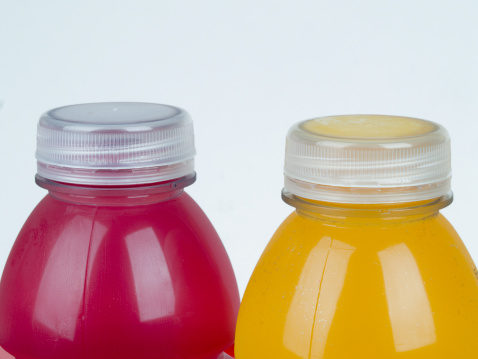Recent studies into the claims of sports drinks, such as Gatorade, Powerade and the UK’s most popular drink, Lucozade, have found that many of those claims may be false. Even more pressing is that sports drinks could possibly have more negative effects than positive, depending on the situation.
The British Medical Journal published a study on Thursday, July 19th reporting the findings on research that questioned many of the claims made by sports drinks makers. These findings showed that much of the research behind sports drinks is of very low quality and could even be false.
One sports drink claims to contain branched-chain amino acids that help recover muscles after strenuous exercise. According to an Oxford University professor, the evidence behind that claim is “almost totally irrelevant.”
Another finding showed that more than one sports drink claims that water is insufficient in hydrating athletes and that sports drinks have “performance benefits,” but fails to show any evidence of those claims. In fact, the National Hydration Council recommends water over sports drinks, as sports drinks contain many unnecessary calories and sugars.
The marketing of these products has increasingly come under fire, as well. The largest market for these products is active young adults, yet these sports drinks are designed to be for serious professional athletes. The gap between someone who exercises a couple times per week and an athlete who trains and competes seriously everyday is a large one.
An additional point made against sports drinks is the abundance of carbohydrates. The sugars found in sports drinks are not going to be burnt off by someone drinking the sports drink at his or her desk, even if it may be burnt off by professional athletes. While these carbohydrates are said to “increase performance” in those drinking the drinks, there is no research that shows that there was actually an increase in performance or exercise by any subjects.
In total, there were 431 claims made for 104 different products in regards to performance enhancement. Only 146 references were made to back up those 431 claims. Only half of those references could actually be found, and 84% of those references were determined to be at “high risk of bias.” Just three total references were found to be at low risk of bias and high quality.
The Council for Responsible Nutrition wasn’t convinced by this research. “By using an evidence-based medicine paradigm, this allowed the medical journal to cherry pick the research they deemed appropriate, focusing only on randomized clinical trials. RCTs are not ‘the gold standard’ for answering research questions about nutrition,” it stated. This is because it doesn’t allow of a “true” placebo group, since nutrients like protein and amino acids can’t fully leave the system. The authors also gave the sports drinks companies very little time to submit their research.
Published in WholeFoods Magazine, September 2012 (online 7/23/12, updated 8/13/12)










